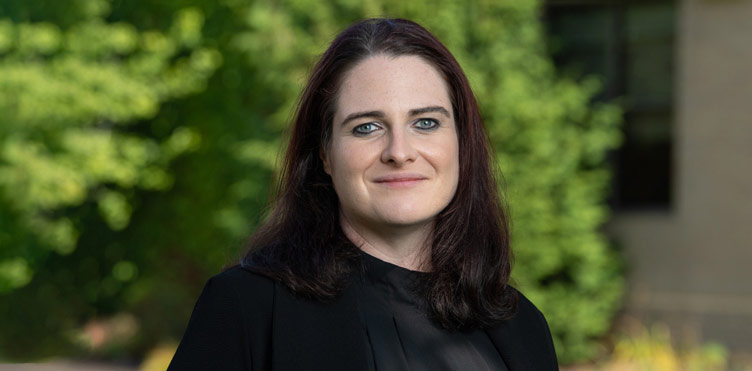
Do you ever wonder about the connections between housing affordability and mental health and well-being? And how policymakers can develop solutions for improving living conditions for low- to moderate-income individuals?
Dr. Julia Woodhall-Melnik, the Canada Research Chair in Resilient Communities at the University of New Brunswick (UNB), an associate professor of social science at UNB and the principal investigator of the Housing, Mobilization & Engagement Research Lab (HOME-RL), is a researcher and social justice advocate who is looking for solutions to help some of the most vulnerable members of our society.
Not only are more people waiting for affordable housing, but we have seen our waitlist double. Woodhall-Melnik believes struggling under the stress of housing unaffordability is unfair, dangerous and unhealthy, and it doesn’t provide people with the mental space to thrive.
Early findings for one of her studies indicate high amounts of depression and poor physical health and distress among our baseline population. Along with her team, she is using this data to identify some of the barriers to improving housing security in the province and work with service providers and other partners to create affordable and inclusive housing options.
Woodhall-Melnik believes once we understand the experiences of people, we can better advocate alongside them for evidence-based solutions as allies. And when we understand the barriers to social and economic inclusion, we can start to work with that population to advocate for, develop and experiment with solutions.
Through the Canada Research Chair, Woodhall-Melnik works with the broader community. She hopes to use the data she collects through her research to advocate for change and share that data with government, non-profit and industry partners, and other academics. She wants to shed some light on what is happening and break down assumptions and stigmas.